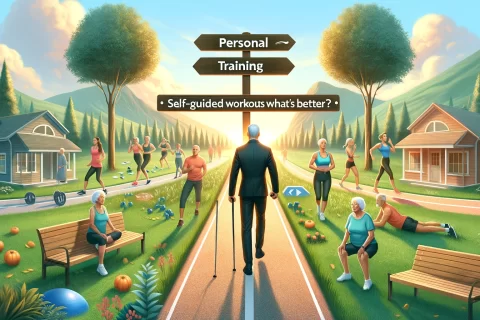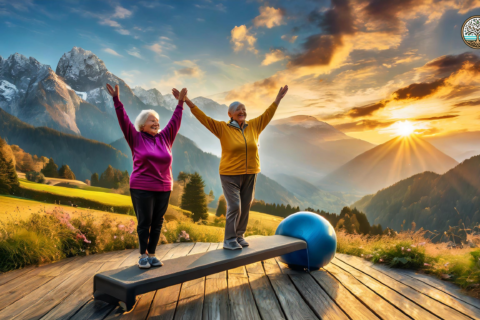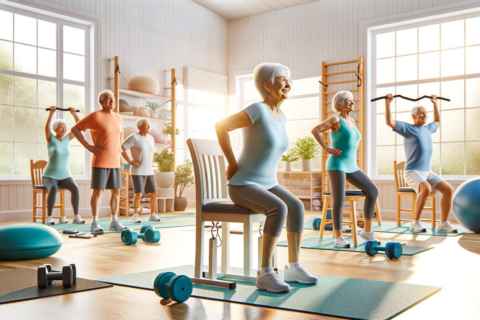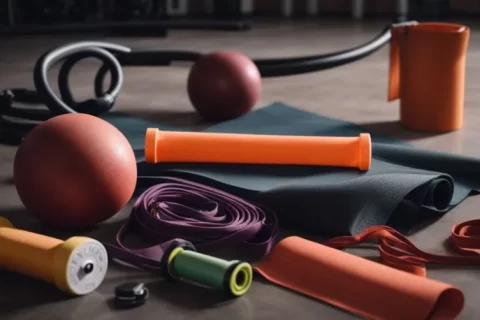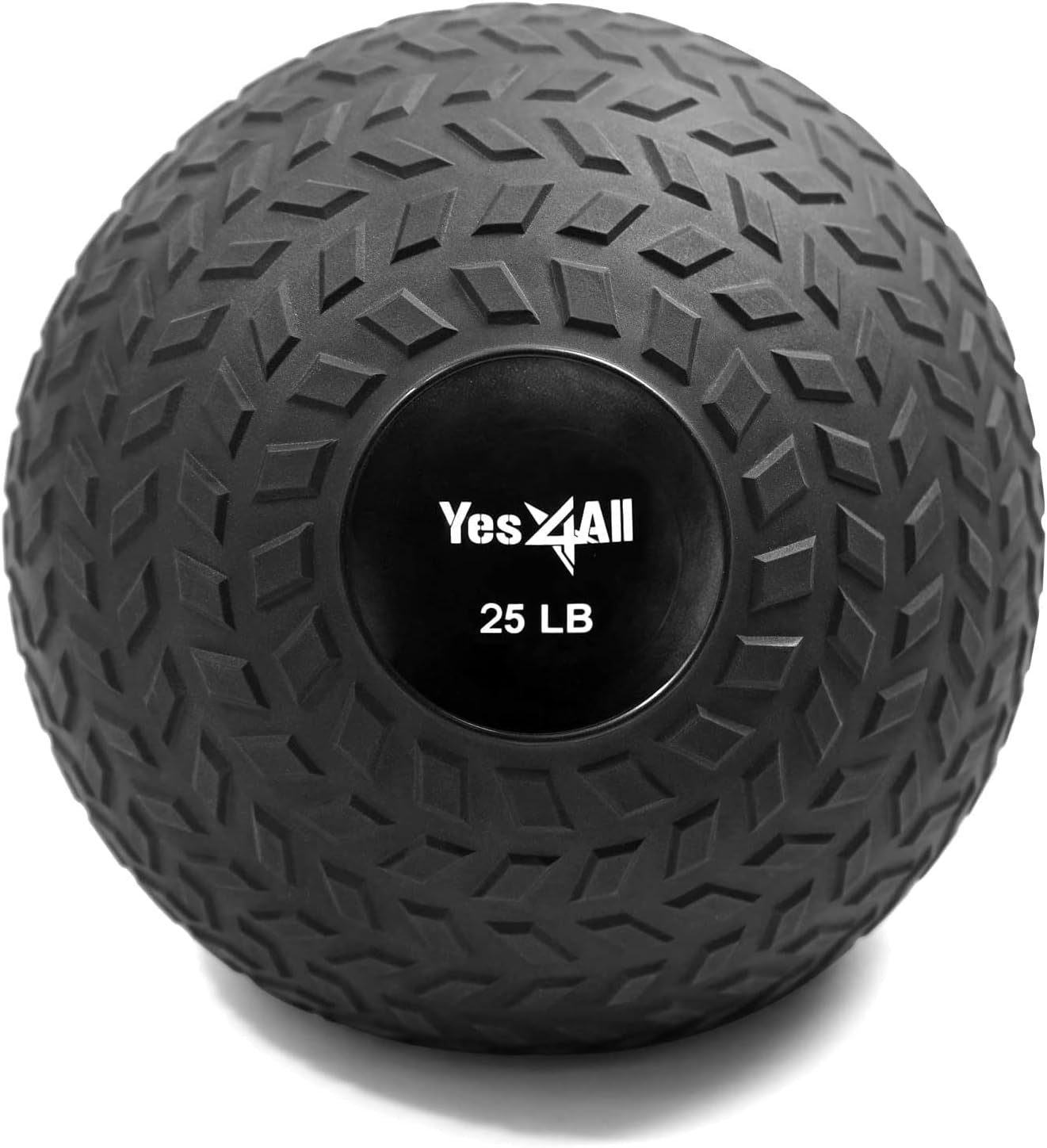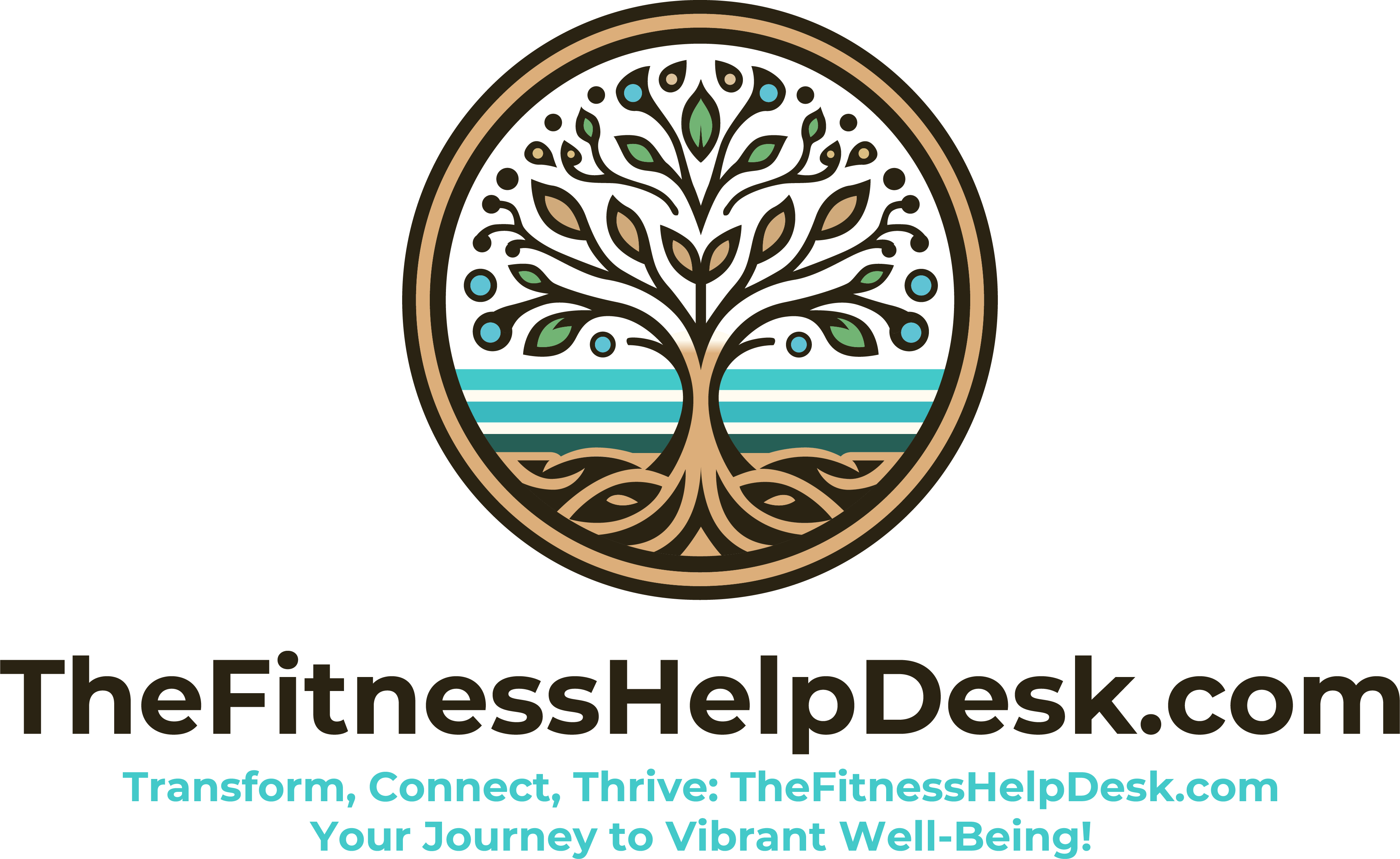As the global population ages, the quest for strategies to maintain mental acuity becomes increasingly crucial. Dementia, a debilitating condition that affects memory and cognitive function, is a major concern for many seniors and their families. However, research shows that physical activity is one of the most effective ways to prevent and slow the progression of dementia. In this detailed guide, we will explore 10 proven exercises to combat dementia, offering seniors a practical approach to enhance their brain health.
Understanding the Link Between Physical Exercise and Dementia
The relationship between regular physical activity and the preservation of cognitive function in older adults is supported by an ever-growing body of scientific research. Engaging in physical exercise is not only about enhancing physical health but also about safeguarding mental acuity as we age. Here’s a deeper look at the mechanics of how exercise impacts brain health:
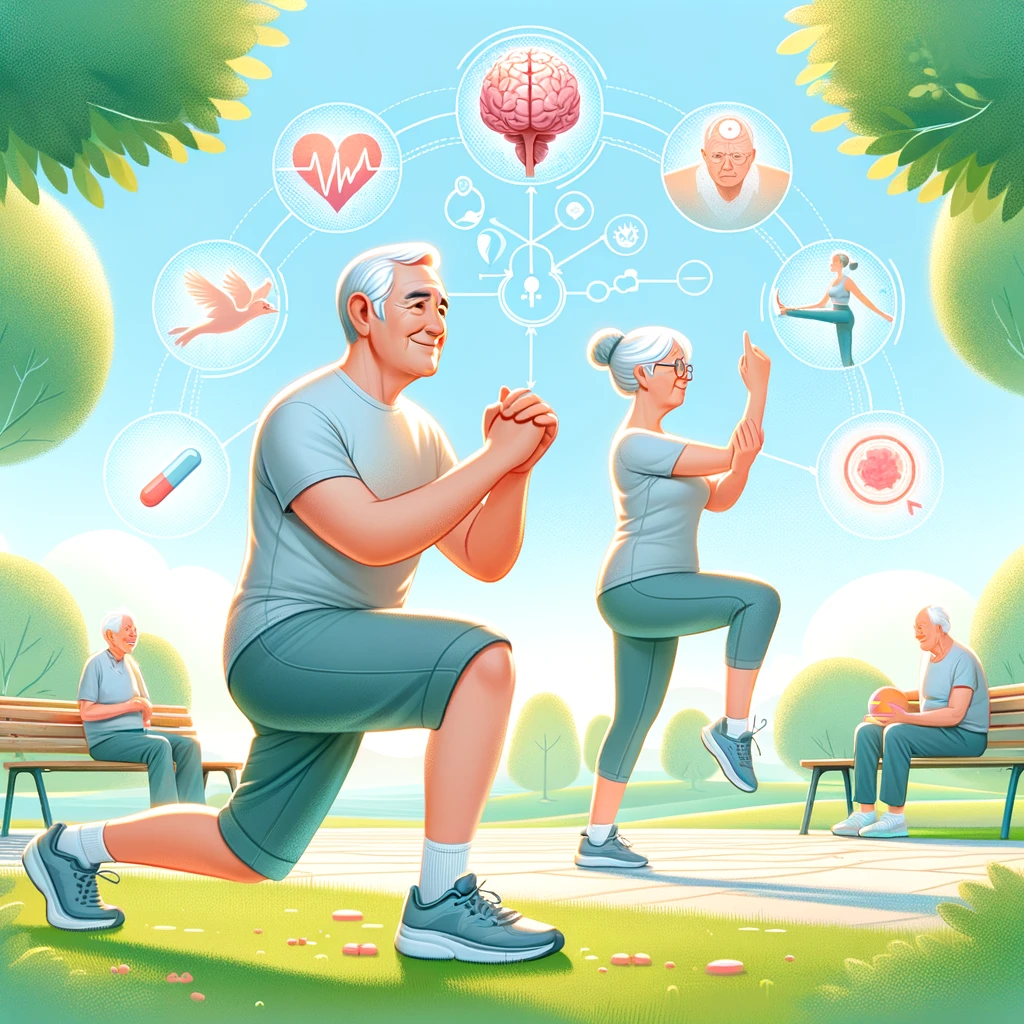
Boosts Blood Flow
Exercise increases heart rate, which pumps more blood to the brain, providing the oxygen and nutrients it needs to function optimally. Improved blood flow can help to regenerate neurons and increase the brain’s plasticity, which relates to learning and memory.
Enhances Neuroprotective Factors
Physical activity stimulates the release of growth factors, chemicals in the brain that affect the health of brain cells, the growth of new blood vessels in the brain, and even the abundance and survival of new brain cells. These factors contribute significantly to the brain’s ability to reshape and adapt, which can counteract the neurological effects of aging.
Reduces Risk Factors
Regular exercise helps to reduce risk factors that are associated with cognitive decline and dementia. For example, it helps in managing weight, improving insulin resistance, and lowering blood pressure, all of which can contribute to the risk of cognitive impairment.
Stress Reduction
Exercise is a known stress reliever, helping to reduce symptoms of depression and anxiety, which can negatively affect cognitive function. Regular physical activity can lead to better sleep patterns and a decrease in stress hormones, both of which are believed to support cognitive health.
Social Interaction
Often, exercise involves a social component, whether it’s walking with a friend, participating in a group class, or even joining a gym. Social interaction is another crucial factor in mental health, helping to stave off the feelings of isolation and depression that can accompany aging.
1. Brisk Walking
Brisk walking is an accessible and impactful exercise for seniors, promoting cardiovascular and cognitive health through simple yet effective means:

- Accessibility: Requires only comfortable walking shoes, making it easy to start and maintain.
- Cardiovascular Health: Increases heart rate, enhancing blood flow to the brain and throughout the body.
- Cognitive Engagement: Varying walking routes and engaging in different environments can stimulate the brain’s navigation and social interaction skills.
- Routine: Aim for at least 30 minutes of brisk walking most days of the week, ideally in nature-rich settings to also enhance mood and mental well-being.
2. Tai Chi
Tai Chi, often described as “meditation in motion,” offers a unique blend of physical and mental benefits that are ideal for seniors:

- Balance and Flexibility: Improves physical stability and reduces the risk of falls through slow, deliberate movements.
- Mental Relaxation: The meditative nature helps reduce stress and promotes mental clarity.
- Cognitive Stimulation: The requirement to memorize and execute complex movements enhances mental focus and memory.
- Accessibility: Classes are often available in community centers and are suitable for all fitness levels.
3. Swimming
Swimming provides a full-body workout that is both effective and gentle on the body, making it ideal for seniors:
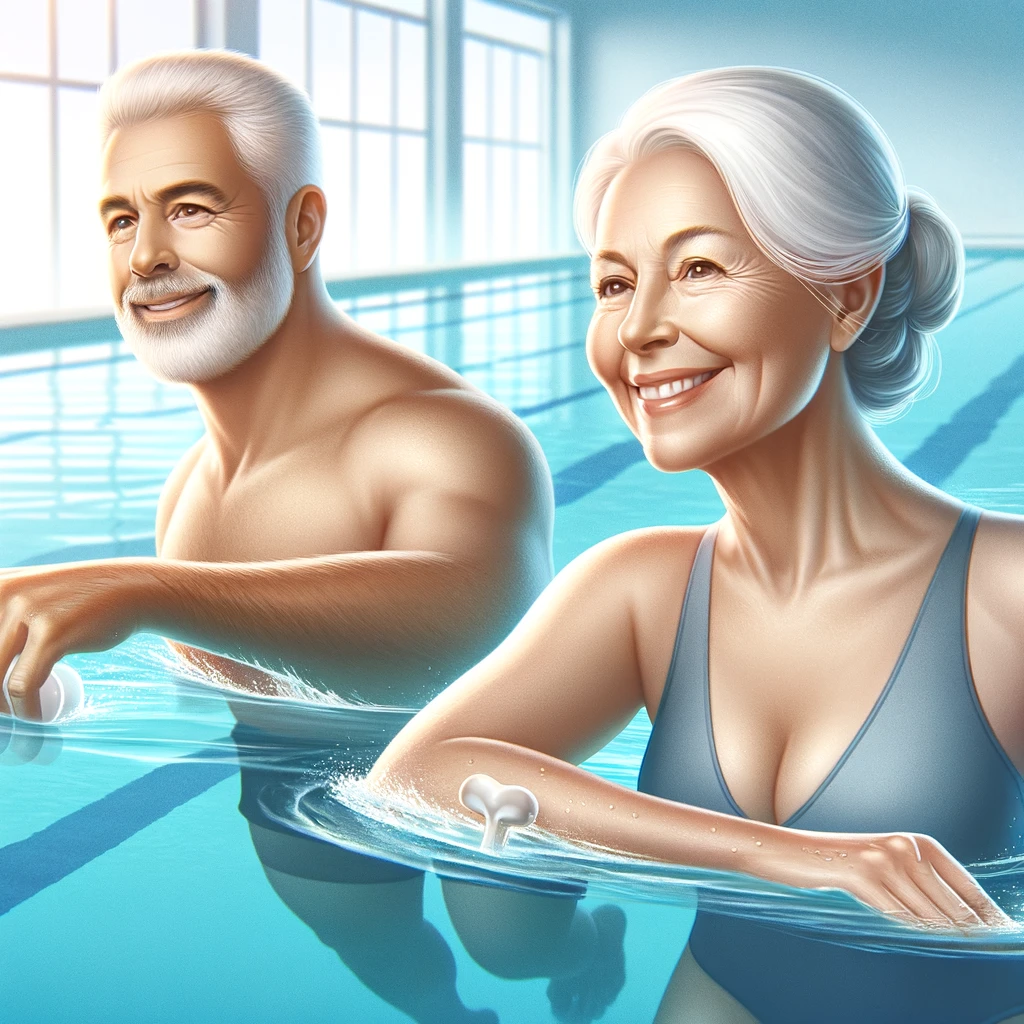
- Joint-Friendly: The buoyancy of water reduces stress on joints, making it safe for those with arthritis or mobility issues.
- Muscle Strength and Coordination: Builds endurance and muscle strength due to the resistance provided by water.
- Cognitive Benefits: Enhances mental capacity and focus through the required coordination of limbs and breathing.
- Routine: Incorporate 30-minute swimming sessions several times a week for optimal benefits.
4. Resistance Training
Resistance training is essential for maintaining muscle mass and overall physical health, which in turn supports cognitive function:
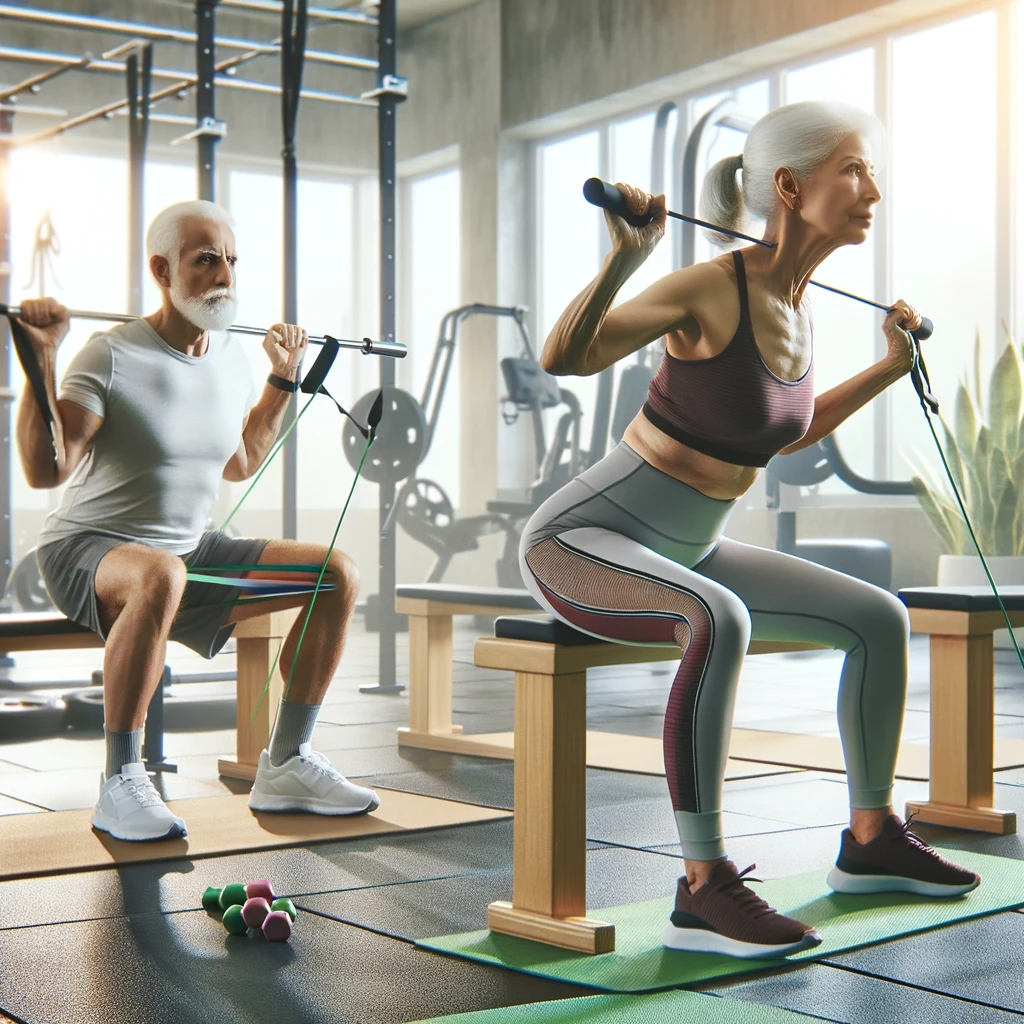
- Muscle Health: Helps combat the natural loss of muscle mass associated with aging.
- Bone Density: Improves bone density, reducing the risk of fractures.
- Metabolic Benefits: Aids in managing blood sugar and improving metabolism, crucial for brain health.
- Variety: Use body weight, resistance bands, or light weights to perform exercises like squats, arm curls, and leg presses twice weekly.
5. Dancing
Dancing is not only a joyful activity but also a comprehensive workout that combines physical exertion with cognitive challenges:

- Physical Workout: Provides cardiovascular benefits and improves balance.
- Mental Workout: Learning and memorizing dance steps stimulates cognitive processes.
- Social Interaction: Dancing is often a social activity, which can improve emotional health and mental well-being.
- Variety: Explore different styles such as ballroom, line dancing, or salsa to keep the routine engaging and fun.
6. Yoga
Yoga offers a harmonious blend of physical postures, breathing exercises, and meditation, focusing on overall wellness:
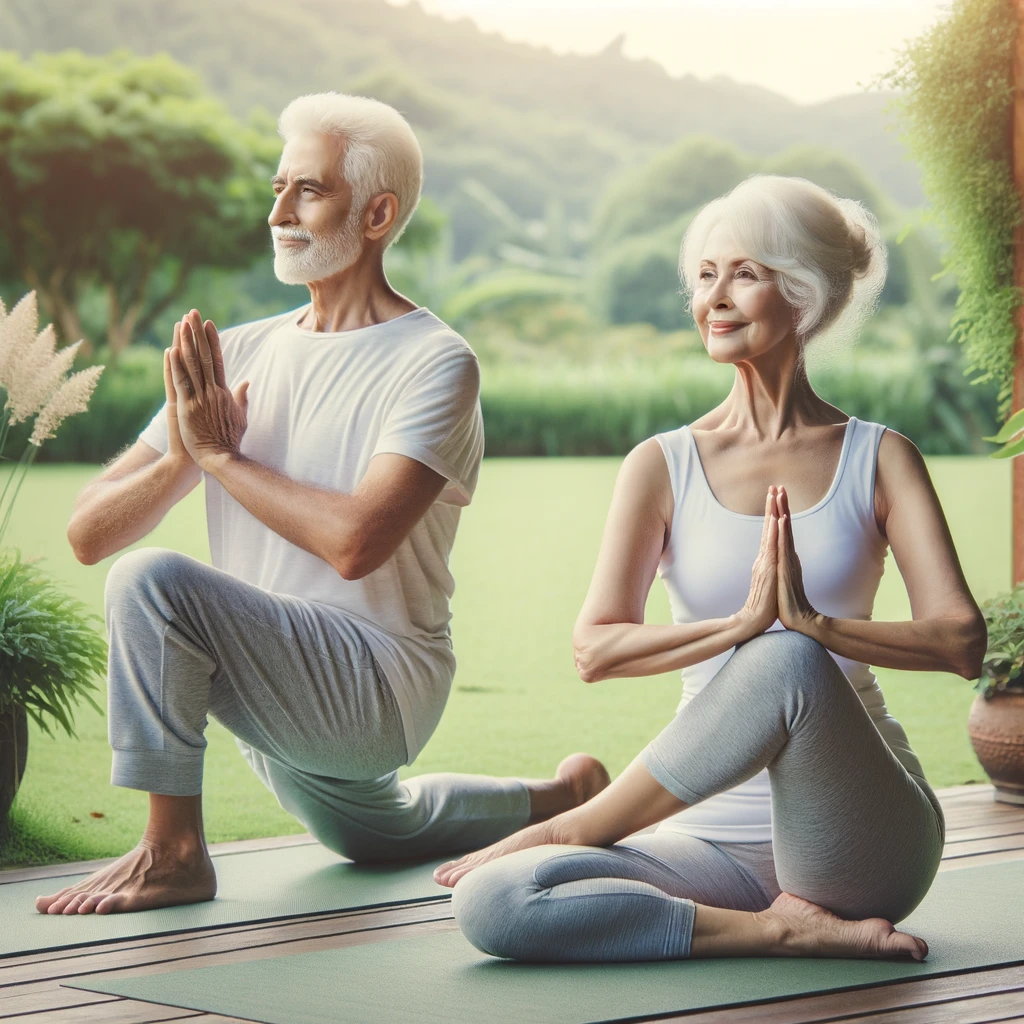
- Strength and Balance: Enhances physical strength and balance through various poses.
- Breathing: Deep breathing exercises increase lung capacity and improve blood circulation.
- Mental Focus: Meditation and focused breathing promote mental clarity and reduce anxiety.
- Flexibility: Regular practice increases flexibility and mobility, essential for senior health.
7. Pilates
Pilates focuses on core strength, balance, and flexibility, offering tailored benefits for seniors aiming to improve both physical and cognitive functions:
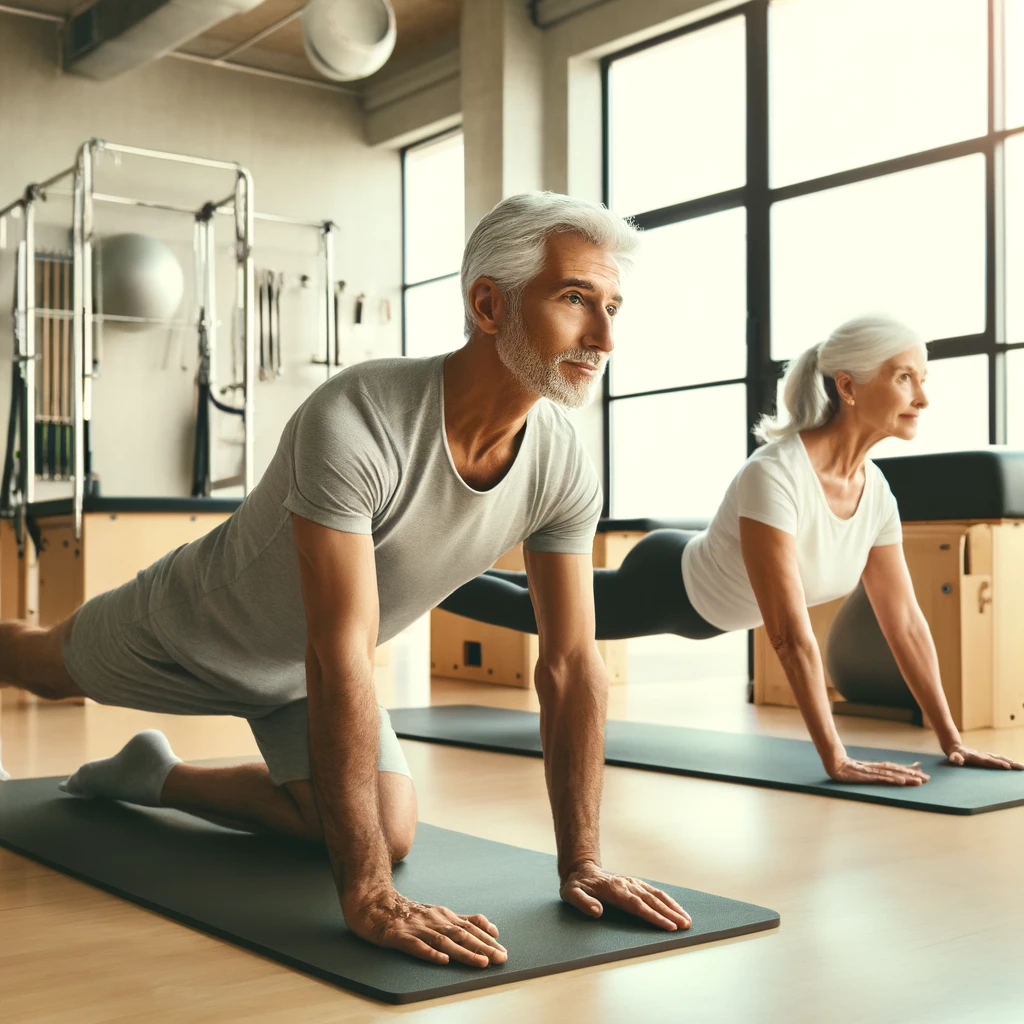
- Core Strength: Enhances core stability, which is vital for overall body balance and preventing falls.
- Precision and Concentration: Each movement requires precise control and concentration, thereby engaging and improving cognitive skills.
- Flexibility: Improves joint mobility and muscle elasticity, crucial for aging bodies.
- Routine: Engage in Pilates sessions regularly, with a focus on mastering techniques under professional guidance to maximize benefits.
8. Gardening
Gardening is more than a hobby; it’s a form of physical exercise that provides both mental and cognitive benefits through its diverse activities:

- Physical Activity: Digging, planting, and weeding provide a good physical workout that improves strength and endurance.
- Cognitive Engagement: Planning garden layouts and solving problems related to plant care stimulate cognitive processes.
- Stress Relief: The natural environment and the act of nurturing plants help reduce stress and promote a sense of well-being.
- Social Interaction: Community gardening offers a way to engage with others, enhancing social connections which are vital for mental health.
9. Cycling
Cycling is an excellent exercise for enhancing cardiovascular health and cognitive function, suitable for seniors looking for a low-impact but effective workout:
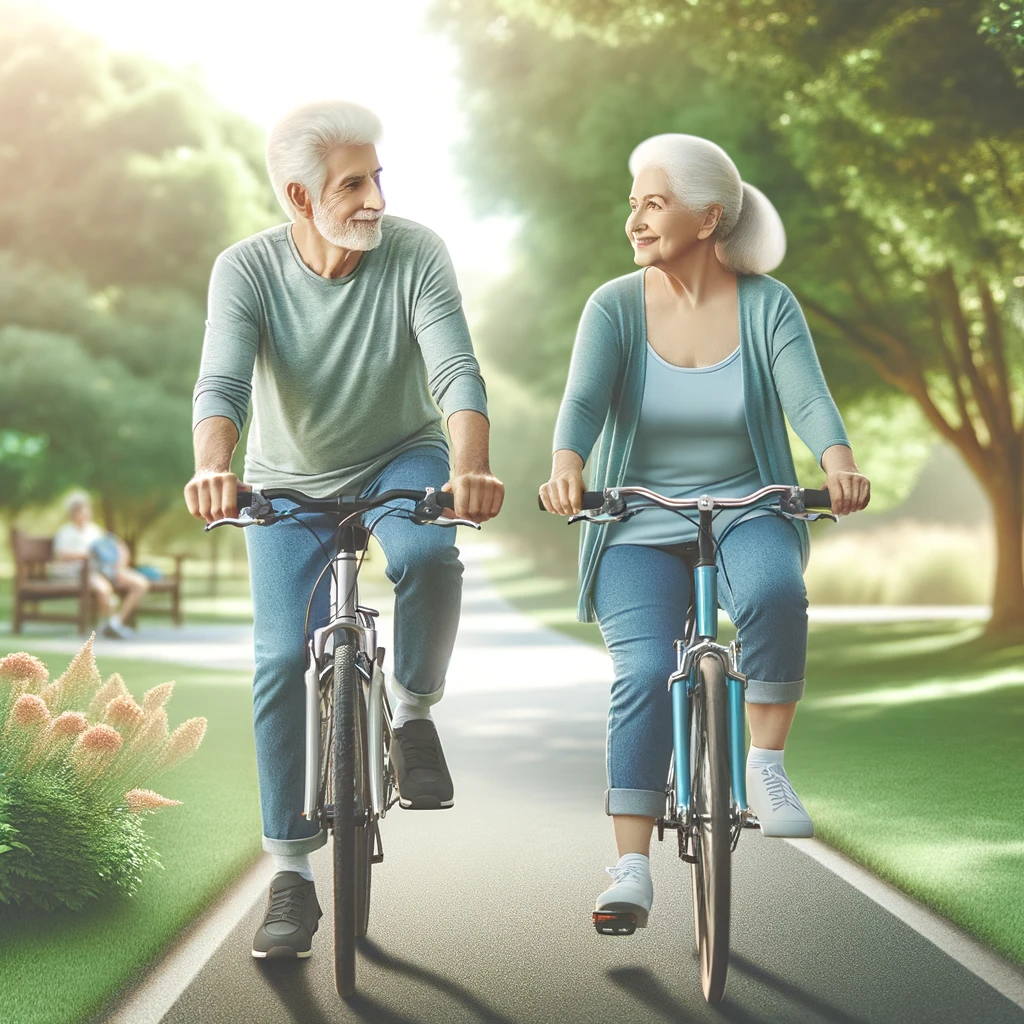
- Cardiovascular Fitness: Improves heart and lung health, crucial for oxygen flow to the brain.
- Low Impact: Provides a joint-friendly workout, important for those with arthritis or mobility issues.
- Mental Sharpness: Navigating while cycling enhances mental alertness and spatial awareness.
- Routine: Regular sessions, whether on stationary bikes or on safe cycling paths, should be integrated into weekly routines for best results.
10. Group Exercise Classes
Group exercise classes provide a comprehensive approach to senior fitness by combining physical activity with social interaction:
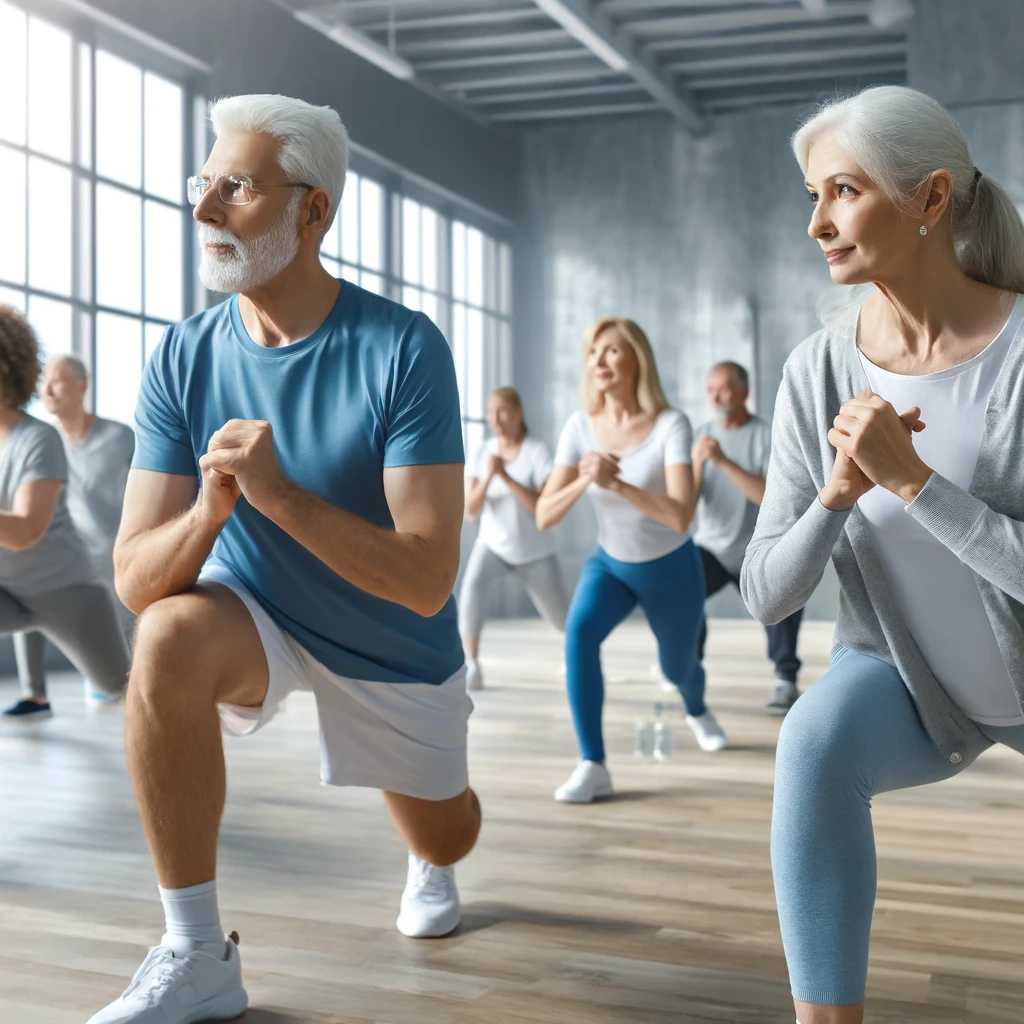
- Variety of Exercises: Classes often include a mix of cardiovascular, strength, and flexibility exercises, catering to a full-body workout.
- Social Benefits: Interacting with peers in a class setting enhances emotional support and mental health.
- Structured Environment: Led by professionals, these classes ensure exercises are done correctly, maximizing benefits and minimizing injury risks.
- Motivation: Being part of a group can increase motivation and commitment to regular exercise, key factors in maintaining long-term fitness goals.
Conclusion
Incorporating diverse exercises into your daily routine is essential for combating dementia and enhancing overall well-being. Each activity, from brisk walking to group exercise classes, not only boosts physical health but also sharpens cognitive abilities and nurtures mental health. Regular engagement in these activities can lead to a more fulfilling, vibrant life in your senior years. Consult with a healthcare provider to tailor the exercises to your personal health needs and ensure safety.
About Steve Allison
Guiding you through your fitness journey is Steve Allison, an experienced personal trainer and nutrition specialist for seniors. With extensive knowledge and certifications from NASM, Steve is dedicated to enhancing the lives of seniors through tailored exercise and nutrition programs. Find more insights and support at TheFitnessHelpDesk.com, where Steve combines his expertise with a passion for senior health and wellness.
Empower yourself with knowledge and take proactive steps towards maintaining your cognitive health with these effective exercises to combat dementia.










